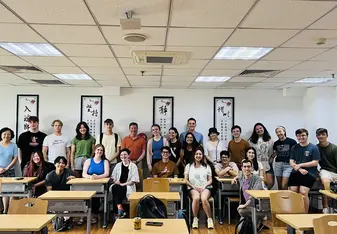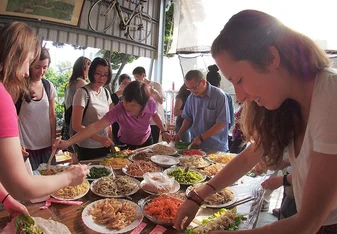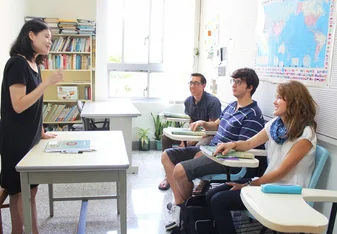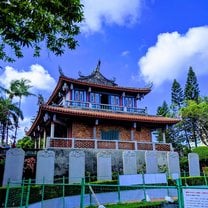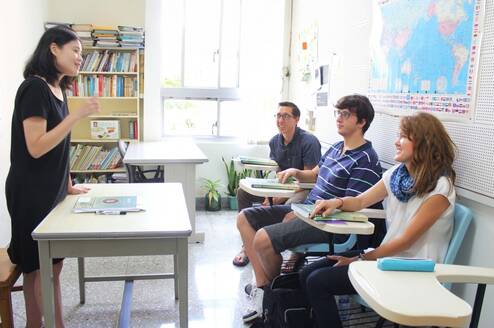Taiwan Intensive Summer and Semester Language Programs (TISLP)
- Taiwan
- Taipei
About Program
Featured in Taiwan in numerous cities of Taiwan, this program is designed for serious, dedicated students of Mandarin Chinese.
TISLP combines twenty hours of weekly small group and one-on-one language instruction with regular cultural workshops, excursions, interactions with language partners, a weekend homestay, and housing with local student roommates. To optimize their immersion experience, students are expected to speak Mandarin at all times and spend an average of four hours on coursework each night.
Outside of the classroom, participants engage in a number of day trips, overnight excursions, and cultural activities designed to provide a deeper understanding of Taiwanese society, culture, business, and history. In the past, cultural activities have included introductions to topics such as calligraphy, cooking, Chinese opera, and seal making, and trips to Taiwan's capital, Taipei, Kenting National Park, and Foguangshan Buddha Memorial Center.


